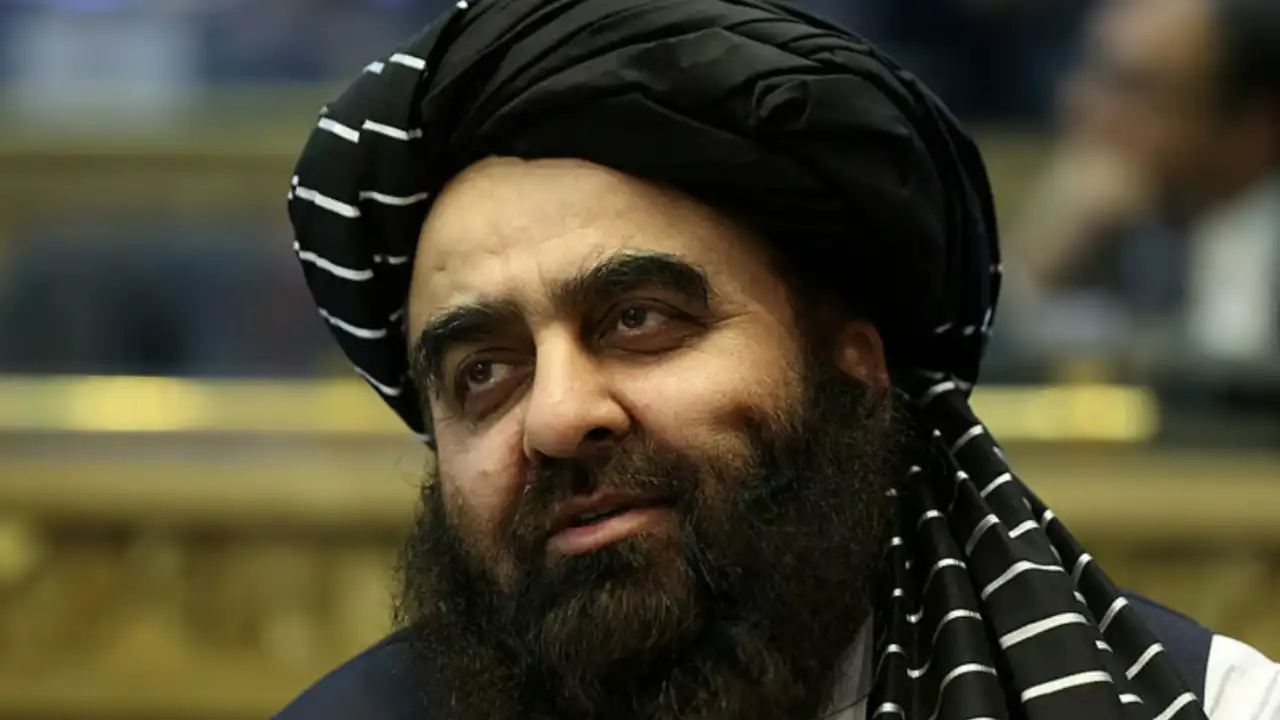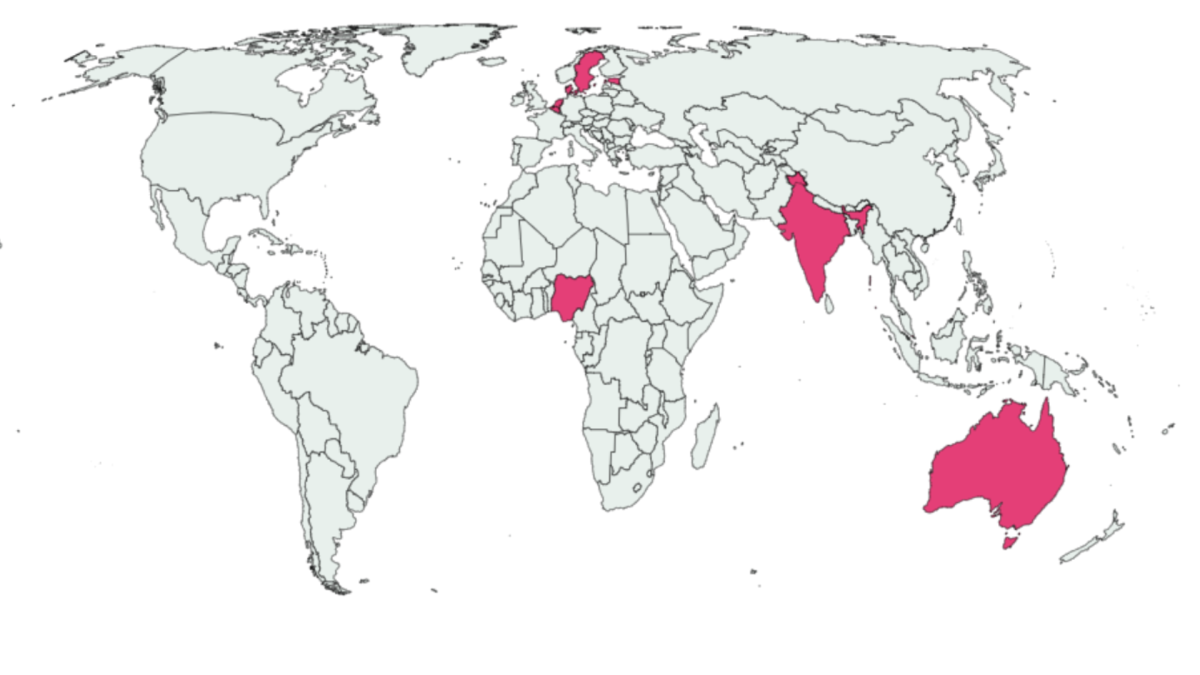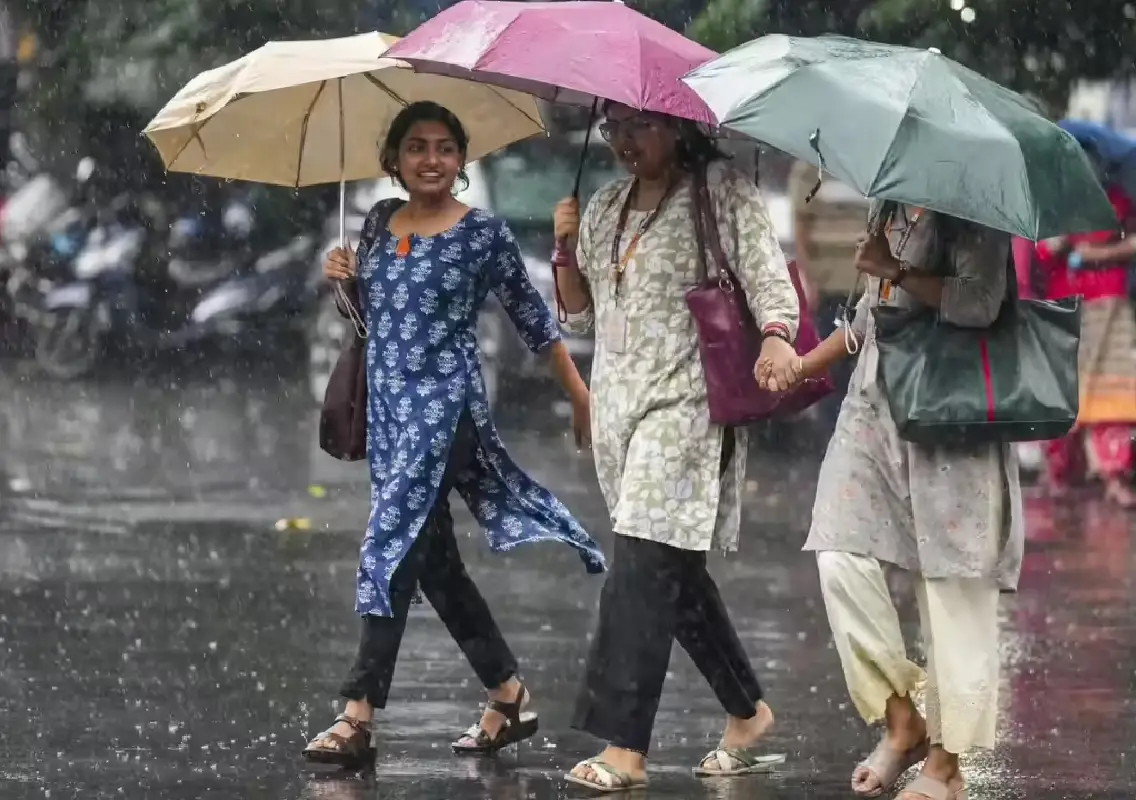By Rishabh Madhavendra Pratap
Copyright timesnownews

In a move that could reshape regional diplomacy, Afghanistan’s acting Foreign Minister Amir Khan Mutaqi is set to visit New Delhi next week. This will be the first public visit of a Taliban leader to India since the group seized power in Kabul in August 2021. The UN Security Council’s 1988 Sanctions Committee approved a travel-ban exemption on 30 September 2025, allowing Mutaqi to travel from October 9 to 16. His main engagements in the capital are expected on October 9 and 10. UN Gives the Green Light Mutaqi is on the UNSC sanctions list under Resolution 1988 (2011), which imposes travel bans, asset freezes, and arms restrictions on Taliban leaders. To facilitate the India visit, the Council approved a special exemption — a rare diplomatic nod signalling the global importance of this engagement. From Distance to Direct Contact For decades, India has kept the Taliban at arm’s length, wary of its historic ties with Pakistan’s security establishment and groups targeting Indian interests. After the Taliban’s return in 2021, New Delhi stopped short of recognising the regime but kept humanitarian channels open. By June 2022, India reopened its embassy in Kabul with a limited technical team — a cautious step signalling functional engagement. Mutaqi’s Delhi trip now takes this outreach into the open, transforming quiet backchannel talks into a headline diplomatic moment. What’s on India’s Mind? Behind the optics, India has clear priorities: • Terror Concerns: Ensuring Afghan territory is not used to stage or support attacks against India. • Development Projects: Safeguarding over $3 billion worth of investments, including roads, dams, and the Afghan Parliament building. • Regional Trade: Exploring links through Chabahar Port and land routes to Central Asia, where Afghanistan is a critical piece of the puzzle. Taliban’s Pitch to India For Mutaqi and the Taliban regime, Delhi represents more than a pitstop. India is a regional heavyweight with deep investments in Afghan development. Public engagement with New Delhi not only lends the Taliban a degree of diplomatic legitimacy but also signals its intent to broaden ties beyond traditional allies like China, Russia, Iran, and Pakistan. Delhi’s Balancing Act Officials underline that hosting Mutaqi does not mean recognition of the Taliban regime. Instead, it reflects a pragmatic shift: engaging the rulers of Kabul without endorsing them. India has to walk a tightrope — talking to the Taliban for security and connectivity reasons, while staying mindful of concerns over women’s rights, governance, and terrorism links. Why This Visit Matters The optics are as important as the agenda. A Taliban foreign minister walking the corridors of New Delhi marks a diplomatic milestone and a test case for India’s new Afghan playbook. For India, the visit is less about friendship and more about realpolitik — protecting national security and keeping a foot in Afghanistan’s future. For the Taliban, it is about breaking isolation and showcasing regional acceptance. The Big Picture Amir Khan Mutaqi’s upcoming trip to India will be remembered as a first — the first Taliban minister to visit Delhi openly since 2021. Whether it ushers in a new chapter or remains a one-off, the visit underscores one truth: India cannot ignore the Taliban, and the Taliban cannot afford to ignore India. For all the latest news and india news, visit Times Now to get live updates and breaking news around the world.



